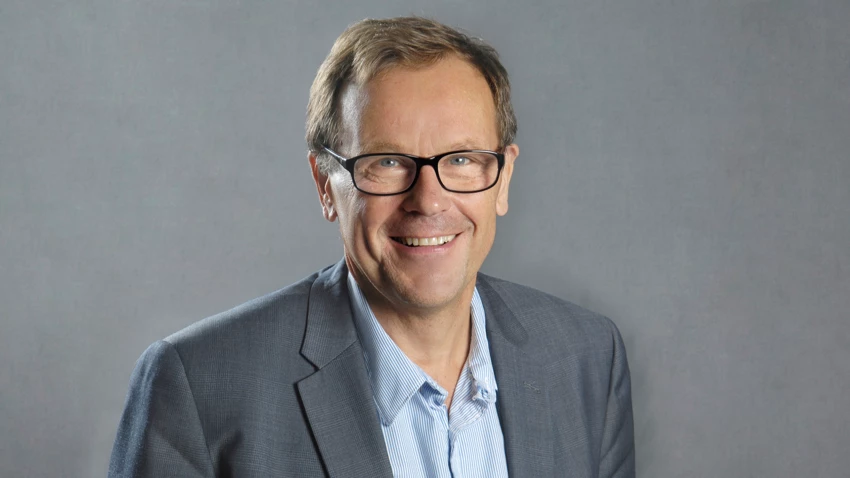Nordea On Your Mind is the flagship publication of Nordea Investment Banking’s Thematics team, which produces research for large corporate and institutional clients. The research does not contain investment advice and typically covers topics of a strategic and long-term nature, which can affect corporate financial performance.
Top decision makers at Nordea’s large clients across the Nordic region receive Nordea On Your Mind around eight times per year. The publication’s themes vary widely, and many are selected from suggestions by clients. Examples of covered topics include artificial intelligence, wage inflation, M&A, e-commerce, income inequality, ESG, cybersecurity and corporate leverage.




